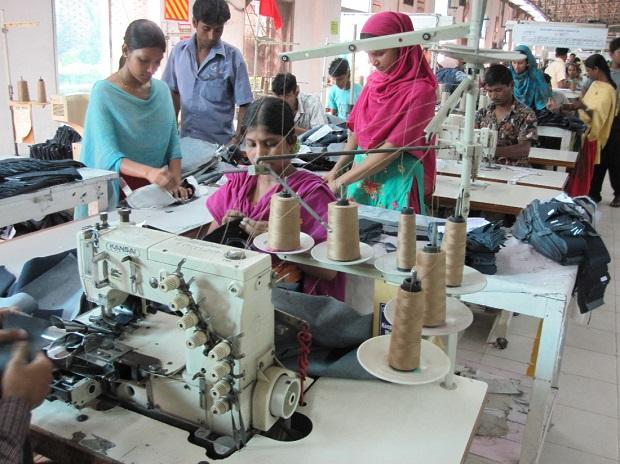
Current Affairs
Ad and media agency group Dentsu Aegis Network (Dentsu) on Thursday said it was elevating its India Chairman Ashish Bhasin to the position of Asia-Pacific (APAC) chief executive officer (CEO) with immediate effect.The promotion comes within seven months of Bhasin being appointed as CEO of the Greater South Asian region at the agency. Bhasin is the first Indian within the Dentsu network to be elevated to the position of APAC CEO. He will also join Dentsu’s global executive team, the first Indian ever to be part of this group, reporting to Takaki Hibino, executive chairman of Dentsu’s APAC region.
According to industry sources, Bhasin will also retain his India chairman role. Anand Bhadkamkar, formerly chief operating officer and CFO of Dentsu’s Greater South Asian region, will take over as India CEO of the agency.Bhasin said, “The advertising landscape has become complex. Clients are asking for long-term vision and simplicity. My attention will be on providing this, as I undertake a new journey within the network.”
Bhasin’s elevation is the second high-profile announcement within the Indian advertising world this year after Piyush Pandey, executive chairman and creative director, Ogilvy (South Asia), took over as the latter’s worldwide chief creative officer in January. These promotions, said experts, highlight the importance that global ad agency managements are giving to India and the talent coming from the country.
Bhasin, who has been with Dentsu for 11 years, has been instrumental in driving the group’s interest into multiple areas, including digital marketing, advertising, data analytics, public relations, and creative communication.
Over the past few years, Bhasin has wrapped up a series of acquisitions for Dentsu in India, notably, in the digital and social media advertising and marketing space...Read More


